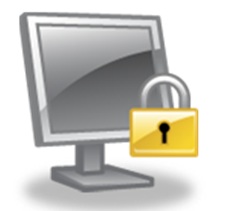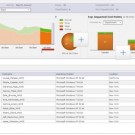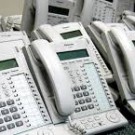What you should know about online security
Are you tech savvy? What you should know about online security…
As a society we’re all getting more tech savvy but there are always those looking to exploit the uninformed, the unprepared and the careless. Here are some things to bear in mind, no matter how clued up you consider yourself.
E-crime takes many forms
Digital crime comes in many different forms. The House of Commons Home Affairs Committee’s report on e-crime covered more ‘traditional’ crimes such as drug dealing and people smuggling, which are now often facilitated by online activities. In terms of purely online crimes, offences ranged from identity theft to ‘card not present’ credit and debit card fraud, money laundering, data theft and malicious cyber-attacks or infections of private and corporate systems.
Individuals are at risk but so are businesses and organisations of all sizes. In 2010 the average cost of a company’s worst attack or incident was between £27,000 and £55,000, according to the PriceWaterHouseCoopers Information Security Breaches Survey.

Phishing scams aren’t always obvious
We’ve all had those emails in our inbox (or hopefully shunted straight to the spam folder) purporting to be someone with a large stack of cash to deposit in our bank accounts. All they need, of course, are our bank details. Some phishing scams can be rather more sophisticated and fake sites masquerading as other, legitimate sites can be very convincing. Some malware can even monitor the keystrokes you type into a legitimate site and report back.
Be cautious of emails from addresses you don’t know and never click links from unsolicited emails. Legitimate emails from banks and other similar organisations will not ask you to provide sensitive information such as updating your account details by replying to an email. You should also be wary of emails that ask you to call a phone number to update your account information.
Security certificates can be a great safety guide
SSL, or Secure Sockets Layer, is a system that encrypts information exchanged between your computer and the server of the website you are visiting. This is particularly important when you are making purchases or other transactions online. You should always look for ssl encryption on any site that might require sensitive information and certainly on every site on which you enter credit card or other payment details. If the site is secured the address bar will show HTTPS (the ‘S’ is for ‘Secure’) rather than HTTP. There should also be a padlock icon in the address bar and some SSL certificates will cause the address bar to turn green.
References:
** http://www.publications.parliament.uk/pa/cm201314/cmselect/cmhaff/70/70.pdf
*** http://www.ecrimewales.com/server.php?show=ConWebDoc.22





